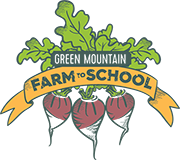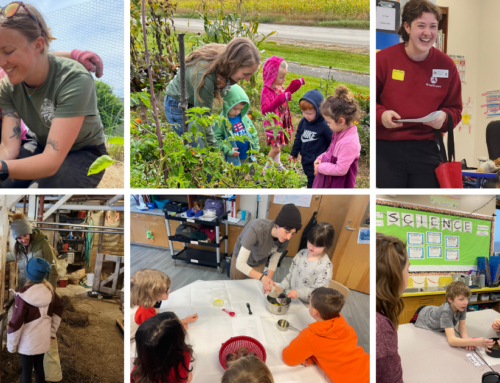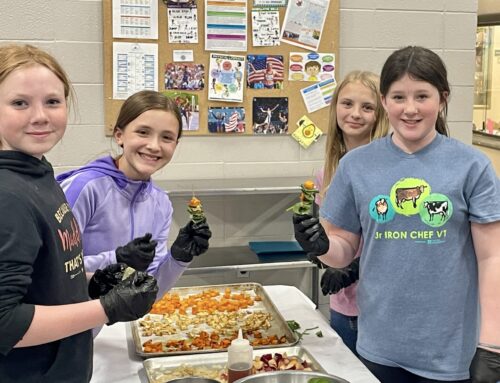Universal School Meals Program
By Becca Perrin
What is it?
The Universal School Meals Program was enacted at the start of the pandemic and supported through federal funding. That funding ran out last year and lawmakers extended the program for a year using state surplus funds. Now, there is a bill to permanently fund the program in Vermont. If approved, this bill would make the state’s free school meal program permanently open to all students, regardless of their family’s income. Read a summary published by Hunger Free Vermont here and check out an article in Seven Days here.
Why is it important?
The need is great. Many analysts say the income threshold is simply too low, so not all families in need qualify for free or reduced price lunch. Additionally, there are students from families who would qualify, but do not want to fill out the paperwork because of associated stigma.
Universal school meals are an equalizer. The program eliminates the stigma associated with receiving free meals and allows all students to get the nutrition they need to be healthy engaged students.
Universal school meals mean a better use of time and resources. The program reduces administrative time and expense spent filing paperwork and billing for meals. This means school nutrition professionals have more time to prepare healthier less-processed meals using local ingredients.
How does it relate to our mission?
We advocate for increasing food access and reducing the stigma around free meals for those in need. This legislation would accomplish both and help ensure that no child goes hungry during the school day.
What can you do to show your support?
Support the campaign led by Hunger Free Vermont here.
Local Food Purchasing Incentive Grant
What is it?
The bill that established this new grant program passed in 2021, and since then it is funded on yearly basis from the Vermont legislative budget. The program provides financial incentives to school districts that meet local food purchasing targets. If a district purchases local food for 15 percent of its needs, it will get 15 cents back for every meal served. If a district purchases 20 or 25 percent local food, it will get 20 or 25 cents per meal.
See this FAQ from VT FEED for more information. See which SUs received the grant in 2022 here!
Why is it important?
This program helps increase the use of locally-sourced produce in Vermont public school cafeterias, while also expanding institutional markets for local food producers and farms. It’s a win-win for Vermont’s food system and a huge step forward for the Farm-to-School movement in Vermont.
How does it relate to our mission?
The Local Purchasing Incentive supports both farms and schools by creating room in district’s purchasing budgets for more local food, which directly increases sales opportunities for local farms and food producers.
Local Food for Schools Cooperative Agreement Program
What is it?
The Local Food for Schools Cooperative Agreement Program is a one-time program funded by the USDA and administered by the VT Agency of Agriculture. Each Supervisory Union or School District in Vermont is assigned to a food hub and allocated a budget for local food purchases, between $1,000 to $13,400 based on enrollment. Green Mountain Farm Direct will be delivering local food via this program to 26 Supervisory Unions across Northern and Central Vermont. This program will launch in May and run through the end of the 2023-2024 school year.
Why is it important?
This funding is part of a nation-wide grant program to fund $200 million worth of local food purchases for schools, defining “local” as grown or produced within 400 miles of the customer’s location. This means the USDA has prioritized supporting local producers and shortening the supply chain to school kitchens.
How does it relate to our mission?
Most of these program funds will directly support our local farmer and producer partners. By making local food available at no cost to schools via food hubs, this program allows many schools to experience working with Green Mountain Farm Direct and the excellent local products we offer for the first time. We see this as an opportunity to create lasting local purchasing relationships with schools we haven’t worked with yet, and to support our existing school customers.





